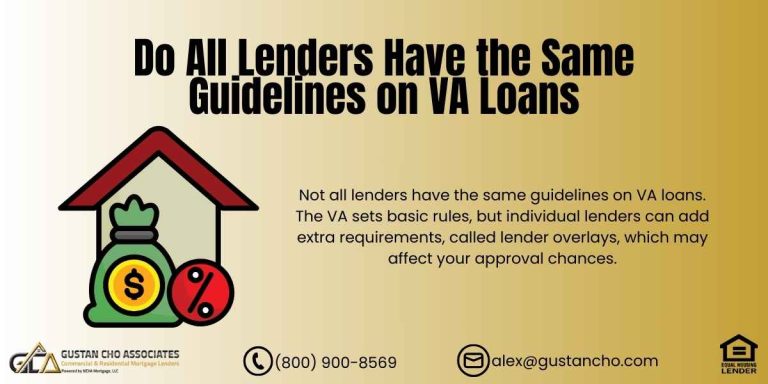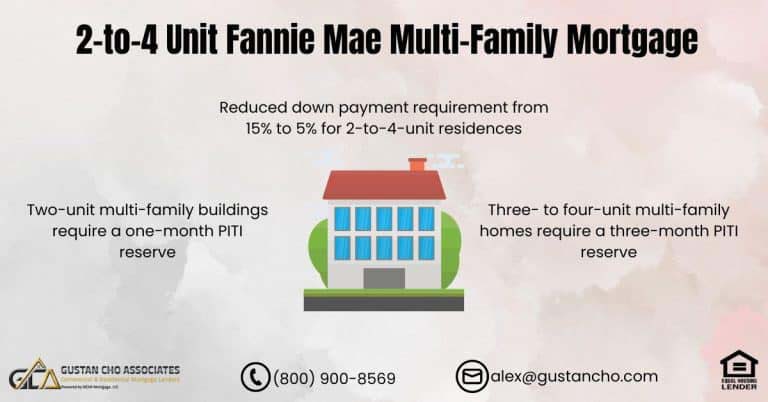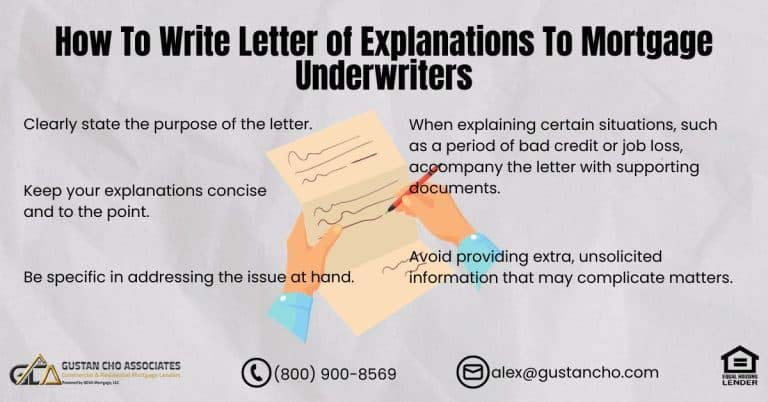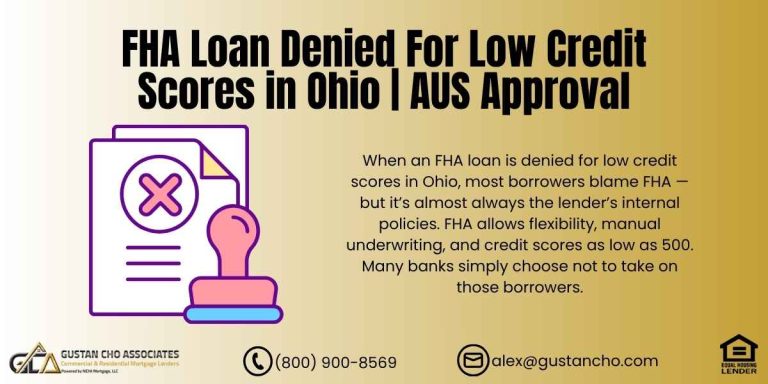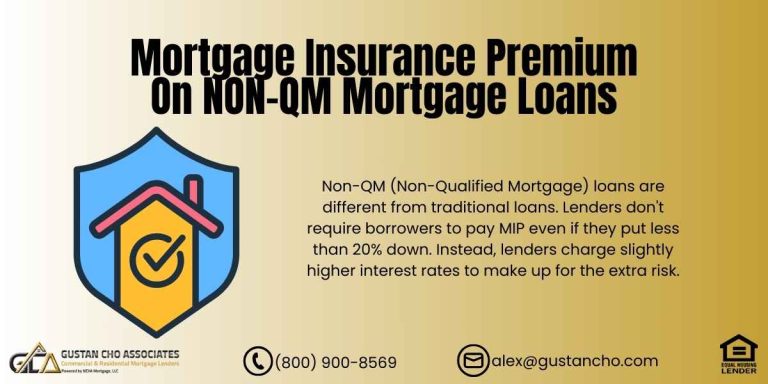This article is about Non-qualified mortgage products and lending guidelines: Non-QM loan programs make qualifying for a mortgage possible for those who cannot qualify for a traditional government and/or conventional loan. In this article, we will cover the following topics: The regulation aspect of non-qualified mortgage products. How does non-QM versus traditional loan programs work. Benefits of non-QM mortgages. Thanks to non-QM and alternative financing, many homebuyers who could not qualify for a mortgage can now qualify. We will detail how non-QM loans work in this article.
What Are Non-QM Mortgage Products
Non-QM mortgage products refer to mortgage loans that don’t meet the standards set by the Consumer Financial Protection Bureau’s Qualified Mortgage (QM) rule. Non-QM mortgage products are typically designed for borrowers who do not meet the requirements for traditional QM loans but are still creditworthy and capable of repaying the loan. Non-QM mortgage products often cater to self-employed individuals, investors, or those with unique financial situations. Here are some common types of non-QM mortgage products:
Bank Statement Loans
These loans allow self-employed borrowers to qualify based on their bank statements rather than traditional income documentation.
Interest-Only Mortgages
With interest-only mortgages, borrowers can pay only the interest for a certain period, typically five to ten years, before beginning to pay both principal and interest.
Asset-Depletion Loans
This type of loan considers a borrower’s assets, such as savings, investments, and retirement accounts, as a source of income to qualify for a mortgage.
Jumbo Loans
Jumbo loans exceed the conforming loan limits Fannie Mae and Freddie Mac set. While some jumbo loans can be QM-compliant, others may fall under non-QM due to higher loan-to-value ratios or non-standard underwriting criteria.
Alternative Documentation Loans
These loans allow borrowers to use alternative forms of income documentation, such as bank statements, rental income, or asset-based income, instead of traditional pay stubs or tax returns.
Non-Warrantable Condo Loans
Non-warrantable condos are condominium units that do not meet the guidelines for conventional financing due to various reasons, such as high investor ownership, pending litigation, or insufficient reserve funds. Non-QM loans may be available for these properties.
Foreign National Loans
Designed for non-U.S. citizens or residents, these loans allow foreign nationals to purchase property in the United States without traditional income documentation.
Fix-and-Flip Loans
These short-term loans are used by real estate investors to purchase and renovate properties to resell them for a profit quickly.
Debt-Service Coverage Ratio (DSCR) Loans
DSCR loans focus on the property’s ability to generate enough income to cover the mortgage payments rather than relying solely on the borrower’s income. It’s important to note that while non-QM loans offer flexibility, they often come with higher interest rates and stricter terms than conventional QM loans. Before choosing one, borrowers should thoroughly understand the terms and risks associated with non-QM mortgage products. Lenders offering non-QM products may also have varying eligibility requirements and underwriting standards.
Recently out of Bankruptcy, Foreclosure, or Short Sale?
You may not have to wait as long as you think with the right non-QM program
Regulation of Non-QM Loans
How Do Non-Qualified Mortgage Products Work
- recent bankruptcy
- high debt to income due to the person being self-employed
- or the spouse cannot be on the loan due to low credit scores
One other aggressive criteria returning is the ITIN program, which allows people who are undocumented but pay taxes through a social given to them for filing purposes(usually begins with a 9 or a 5): The people who met these criteria may be able to buy with a decent down payment. Rates on all mortgages are higher than the standard market. Some may be on ARM, not 30 year fixed rates. It does show Wall Street and community lending is making a comeback.
Drawbacks of Non-Qualified Mortgage Products
Non-Qualified Mortgage Products Offered Today
Non-Qualified mortgages are often referred to as non-QM loans. Bank statement loans for self-employed borrowers are non-QM loans. Gustan Cho Associates Mortgage Group offers non-QM loans where there is no waiting period after a housing event or bankruptcy. Homebuyers can qualify for non-QM loans one day out of foreclosure and/or bankruptcy. Non-QM loans requires A 10% to 30% down payment. The amount of down payment depends on borrowers’ credit scores. Mortgage rates depend on the down payment the buyers put down and the borrower’s credit scores.
PMI Requirement on Non-QM Loans
Non-QM loans do not require private mortgage insurance. This holds true no matter how high the loan to value is. There is no maximum loan limit on non-QM loans. Bank statement loans for self-employed borrowers do not require income tax returns. Self-employed borrowers can qualify for a mortgage, especially jumbo loans, with no tax returns. We average 24 months bank statement deposits and use the monthly average over 24 months as income. The debt to income ratio can be up to 50% DTI. There are no loan limit caps. Debt to income ratios can be as high as 50%. Call or text us at 800-900-8569 or text us for a faster response. Or email us at gcho@gustancho.com for more information on our non-QM loan programs and bank statement loan for self-employed borrowers.
Don’t Fit Traditional Guidelines? Non-Qualified Mortgages Can Help
Self-employed, recent credit events, or non-traditional income? You’re not out of options






